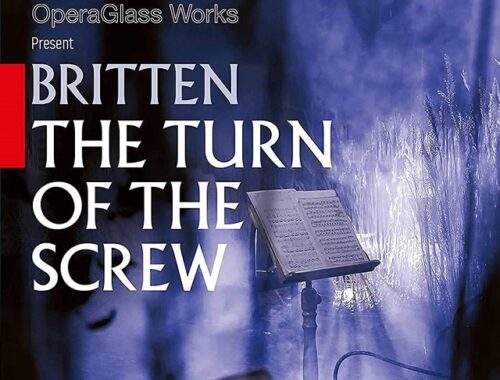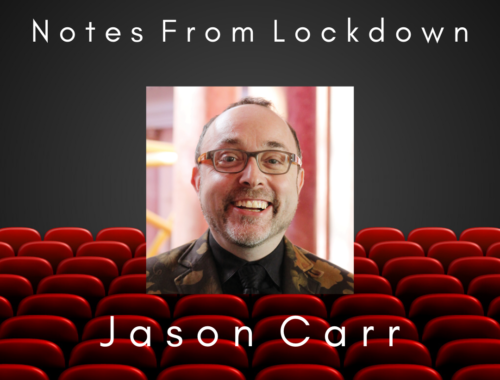GRAMOPHONE: From Where I Sit – January 2020
 As a new year and a new decade beckon we continue to live in uncertain times for print journalism. The digital world has opened up new and exciting frontiers for sure; it has sharpened communication and promoted debate but it has also created the conditions whereby opinions – especially relating to the arts – are no longer honed from experience but rather thrown willy-nilly into a chaotic arena. Anyone can publish, everyone is a critic. The quality of criticism, more importantly the quality of the writing, is no longer of prime concern, it seems. And if one opera company’s current policy takes hold punters won’t for much longer be reading reviews, they’ll be writing them.
As a new year and a new decade beckon we continue to live in uncertain times for print journalism. The digital world has opened up new and exciting frontiers for sure; it has sharpened communication and promoted debate but it has also created the conditions whereby opinions – especially relating to the arts – are no longer honed from experience but rather thrown willy-nilly into a chaotic arena. Anyone can publish, everyone is a critic. The quality of criticism, more importantly the quality of the writing, is no longer of prime concern, it seems. And if one opera company’s current policy takes hold punters won’t for much longer be reading reviews, they’ll be writing them.
Now don’t get me wrong, it’s important – very important – that new critical voices emerge and are encouraged, but against that one must weigh a worrying trend, indeed desperation, among arts providers to ensnare the elusive (some would say mythical) ’wider audience’ and to peddle an almost pathological aversion to ‘expertise’. It is increasingly the case that expertise is no longer celebrated but feared. With classical music in particular – though not in the pages of this publication, I hasten to add – one is confronted more and more with accusations of ‘elitism’ and ‘exclusivity’. The assumption that ‘expert’ commentary – as in thorough, detailed and technical – somehow excludes the so-called wider audience seems to me utterly absurd. Such accusations are never levelled at sports commentary, for instance. And there’s nothing niche about that audience.
But a new breed of movers and shakers have emerged – they’re called ‘digital strategists’ – and they are increasingly employed to advise on how audiences might be grown in areas like the arts. Potential audiences, they insist, have no time or inclination to take in anything of substance. They must be spoon-fed easily digestible morsels of information and nothing, nothing, that might be deemed ‘instructive’. Only last year a series of long-form podcasts I hosted with exciting and articulate musical luminaries were quietly set aside because (presumably) they didn’t tick the current boxes for ‘accessibility’. What does that even mean? Aren’t we now patronising our readers and listeners?
Expertise is exciting and infectious and as a young man with an appetite which grew into a passion for classical music (indeed all music) I couldn’t get enough of it. If a writer/critic is half decent there will be clarity as well as imagination and enthusiasm in the end result. The reader will hear what they read even before they’ve heard it. They will share the experience even if they weren’t at the concert or the opera and have not yet heard the disc in question. I can still remember word for word reviews posted in these pages from more than 30 years ago because they fired my imagination and led me to recordings that in some small or large way changed my life.
But what really worries me about this trend (and I hope it is just a trend) is that the longer it goes on the harder it is to resist because you condition your readers – and subsequently your audiences – to expect less. During my years on The Independent newspaper reviews and features were freely commissioned to embrace content of a richness and substance that would be inconceivable today. That isn’t just sad but scary.
You May Also Like

GRAMOPHONE Review: Britten The Turn of the Screw (DVD) – Soloists, OperaGlass Works, Sinfonia of London/Wilson
10/01/2022
NOTES FROM LOCKDOWN: Jason Carr in Conversation
16/06/2020

